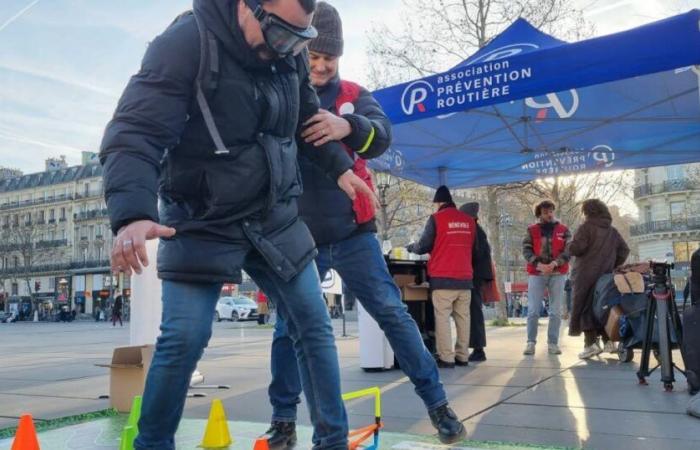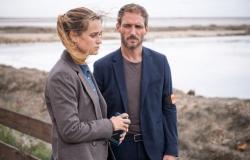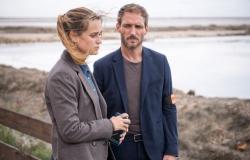New Year's Eve, alcohol and road accidents. One statistic is enough to summarize the road safety problem on the evening of December 31. Since 2019, there have been 17 deaths on average that evening: this figure has only halved since the start of the 2000s, while overall mortality on the roads of France has been divided by four in the same period of time. time.
“Decide on your transport solution before New Year’s Eve”
Like every year, Road Safety will therefore hammer home its awareness message between now and Tuesday, on the radio and on social networks. Or advice rather, and this comes in a formula. “Anticipate your return home,” implores Sophy Sainten, general delegate of the association which held stands in 50 cities in France this month to alert users to the effects of alcohol or the dangers of glasses. house” “often more dosed than in bars. Decide on your transport solution before New Year's Eve. It’s not at the end of the evening that we choose how we get home.”
An “awareness”
This would also be a very bad idea, given the results of the 2024 Road Safety barometer. Because no less than 68% of those questioned tend to imagine solutions that are not solutions: waiting “a little” before getting behind the wheel, taking “small roads” or driving “slowly”. Dangerous false good ideas, especially since 78% of French people intend to drink alcohol for New Year's Eve. On average, it will be a little more than three drinks, but it can go up to more than eight drinks for 10% of partygoers and “those are the ones who are going to go out,” notes Sophy Sainten.
According to the Road Safety Barometer, 42% of French people are afraid of being confronted with a road accident on New Year's Eve. “This is a figure that has increased by 20% over the last three years,” notes Patrick Dixneuf, the president of the association. This reflects an awareness that does not always translate into action for people, but if we continue to work on it, we have a chance of reducing the number of accidents on New Year's Eve. »
France






